Everyone has a story to tell; each one of us a writer of poetry – some, without even realising. That stream of consciousness that runs in our veins? It’s poetry waiting to be written. We believe in the power of words, and that power is what urged us set up PoetsIN.
It’s because of those inner streams, that we bring you this regular interview feature, Writer Profiles. An interview with a writer. Some you’ll know, some you won’t.
This week it’s someone from our smashing Facebook Group. She’s awesome. Her name is Tammy Walker.
Relax with a plate of fried green tomatoes read this week’s writer profile.
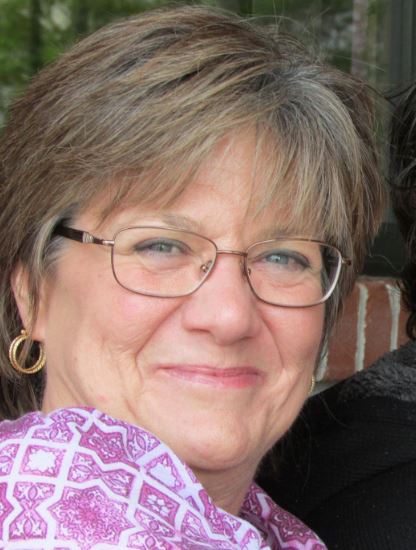
Tammy Walker
Who are you and what do you do?
The simple answer is my name is Tammy Walker. I live in a small south Alabama town. I am a retired counsellor, a wife, mother, grandmother, gardening, yoga and writing enthusiast. But inside this pudgy, librarian looking exterior beats the heart of a seeker. I have a drive to learn as much as I can about whatever shiny object is catching my attention at the time. I am ordinary but seek the extraordinary. I read voraciously, I spend as much time as I can in nature, I keep my hands busy to keep my mind from reeling off and I endeavour to make someone laugh every day.
How would you label your writing and/or poetry if forced to label it?
Nature inspired whimsy. I think the experience of the natural world is something most people share so if I say to you that I am having a “sunny day” or a “dark night” then I am making a connection with you. Why else write if not to express, reach out and connect?
If I talk about a gnarled pecan tree, shallow roots exposed to the harrowing wind of an approaching hurricane you know what I mean. Better yet, you might add your own memories and feelings to what I have described and have <tah-dah> an experience of the writing. We are having a shared experience, how extraordinary is that?
I am a “light” writer most of the time. I write with a nod (or when I’m cracking with a good hard shake) to humour. Laughter is the sound of happiness. I am fond of happiness. Why, the best compliment someone can give me is that they laughed at my work. <wink> That makes me happy.
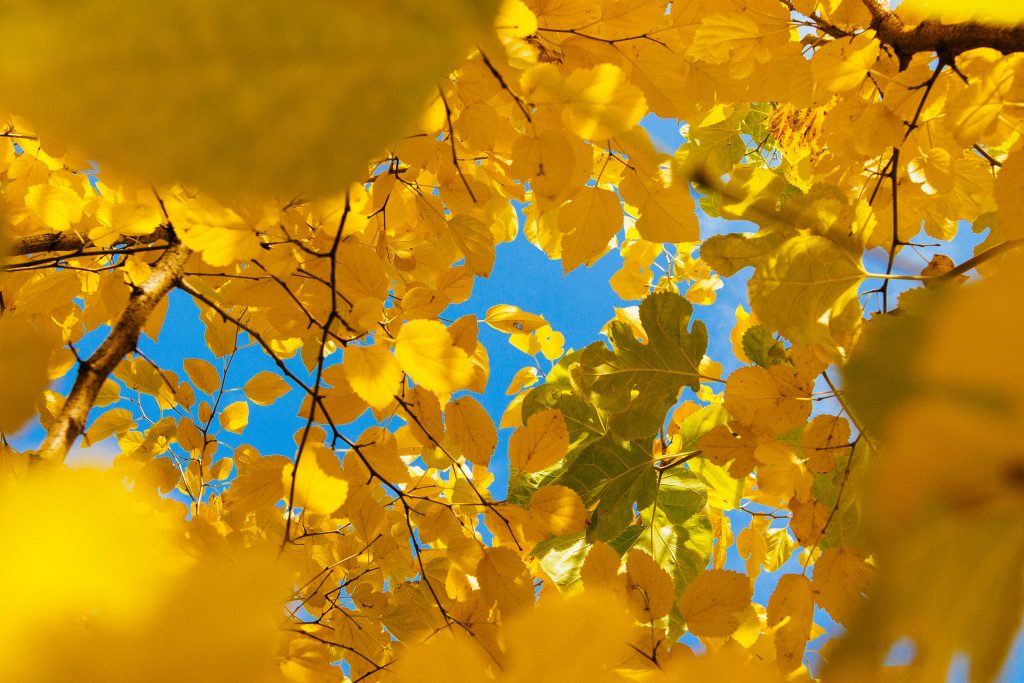
Nature inspired whimsy
What is your relationship with words and how has that evolved over time?
From the time I was a babe people have said words at me. It took a while but eventually it dawned on me that those noises had meaning and that meaning could be the harbinger of an agreeable action, like being fed. Low and behold, through daunting trial and error, I learned I could imitate the noises that brought agreeable actions. “Cookie, please” made cookies happen! It was only later on that I learned those same noises could bring disagreeable actions. ‘No’ equals no cookie and heartbreak. Then I went to school where I learned those noises had assigned symbols. I could speak without noises. I am still in awe of this and rarely make noises at all now.
On a more serious note, I think of words the way an artist thinks of their charcoals or paints. I look for just the right word to express myself with as many gradations and shadings as possible to get the picture created.
How long have you been writing/ performing?
Before I retired I only wrote using the dry, objective language of science. I wrote progress notes and assessments, and case histories. I did not enjoy this. It did not express my true thoughts.
I started writing about seven years ago. Shortly after I retired, I joined a local writers’ forum. This was a tremendous help to my writing due to the support from fellow writers and yes, my accountability as a good group member and the absolute freedom of choosing any word I wished—even adjectives!
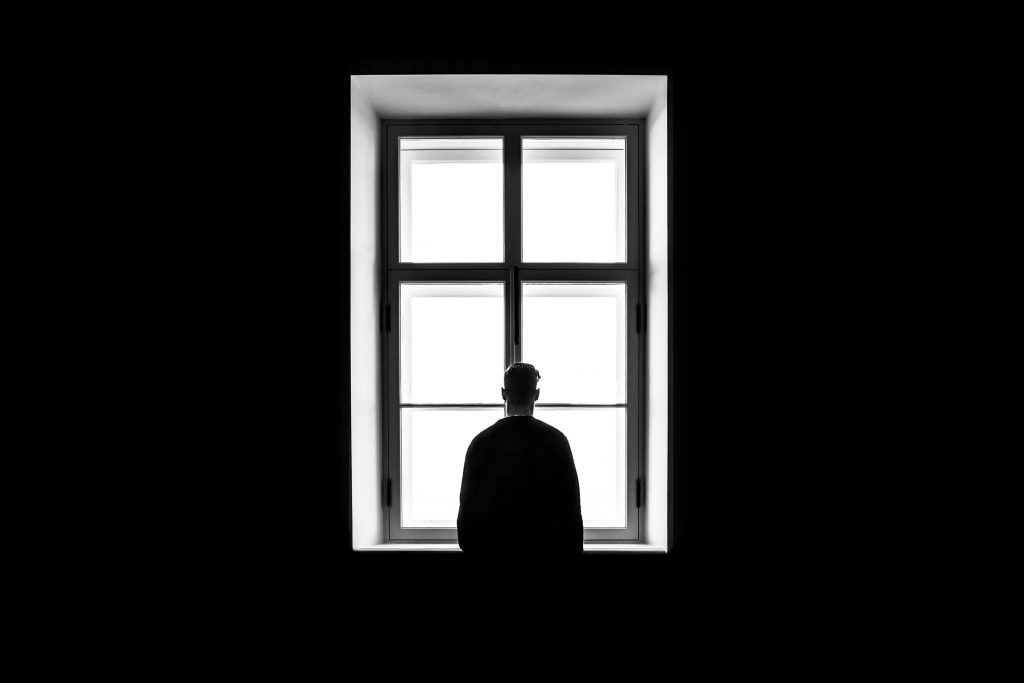
I have dealt with depression and at times crippling shyness most of my life.
Is mental health something you feel strongly about?
I have dealt with depression and at times crippling shyness most of my life. Depression is like a malevolent shadow, visible only in half light. The trick is to stay in the full light.
It was my honour to work in the mental health field for twenty years. I mainly worked as a counsellor at a day treatment facility for persons with chronic and debilitating mental illness. Most of our clients had spent years in state mental hospitals before being released to the community. Once, as an exercise, we asked everyone to write about one thing they would have if they could have anything. “Jack” was only able to draw a picture of a house; looking exactly as a child would draw it. My heart still aches from this. Jack would never have his own home. And people think that mental illness is a myth? Or a chosen condition, that a person can just ‘will’ away? What a crock of shit.

Please describe your writing process.
I need to spend time outdoors to get any good ideas at all. I like to take pictures and will usually have my camera with me on a walk. Not always, but often, I write from things I’ve taken a picture of, a flower, a bird, a trail, cotton fields, my chickens, my dog, etc… I need to be in quiet to work. This has been more difficult since my husband retired but that’s on me and I have to say he is my favourite distraction.
Some of us write our best stuff when in a rage, heartbroken or fighting depression. Are you afflicted in a similar way, is writing a venting mechanism?
I do write when I am overwhelmed and yes, it is a way to vent but it is my worst work. I express myself better when I am observing from the outside of a thing what I want to say. I need space away from the big emotion to write honestly and clearly about it. When I read back what I have written in the midst of intense feeling I think that it would only make sense to me—the symbols are very subjective. I want to tell you how I feel, I need to write about it in a way that is broadly and not subjectively understandable. This is just me though. I’ve read things others have written from the depths of great emotion and it was breath-taking work.
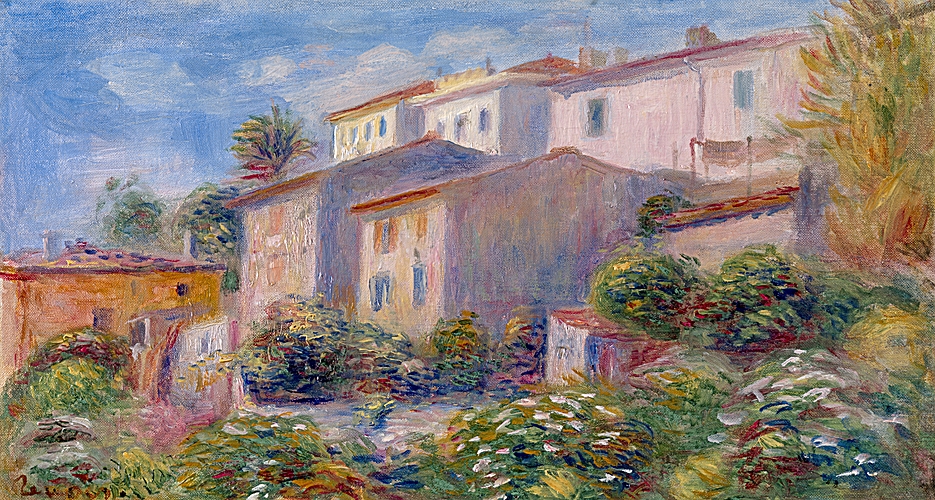
I would collaborate with a visual artist, most likely Renoir
If you had the chance to perform one poem or read one excerpt to someone that sums you up, which is it?
I think that good poetry and writing hold a mirror so that we see an aspect of ourselves. But no one poem sums up the whole of a person. Maybe that snippet from the Whitman poem “I contain multitudes.”
If you could collaborate with anyone out there (alive or dead) who would it be and why?
I would collaborate with a visual artist, most likely Renoir (Oh my God, I feel ballsy even imagining this). I think this would be an apt collaboration because often my inspiration comes from a picture or even just the flash of a picture in my mind. A visual artist sketches on canvas what she sees, a writer sketches with words. The dreamy quality of Renoir’s work speaks to me of warm sunny days, spent in convivial company among the flowers of a splendid garden. Perhaps the people of his work are full of wine and good food. Maybe they are a little sleepy and ready for a good story to snooze by. They’ll just rest their eyes for a moment, just for a moment and I will write their happy dreams.
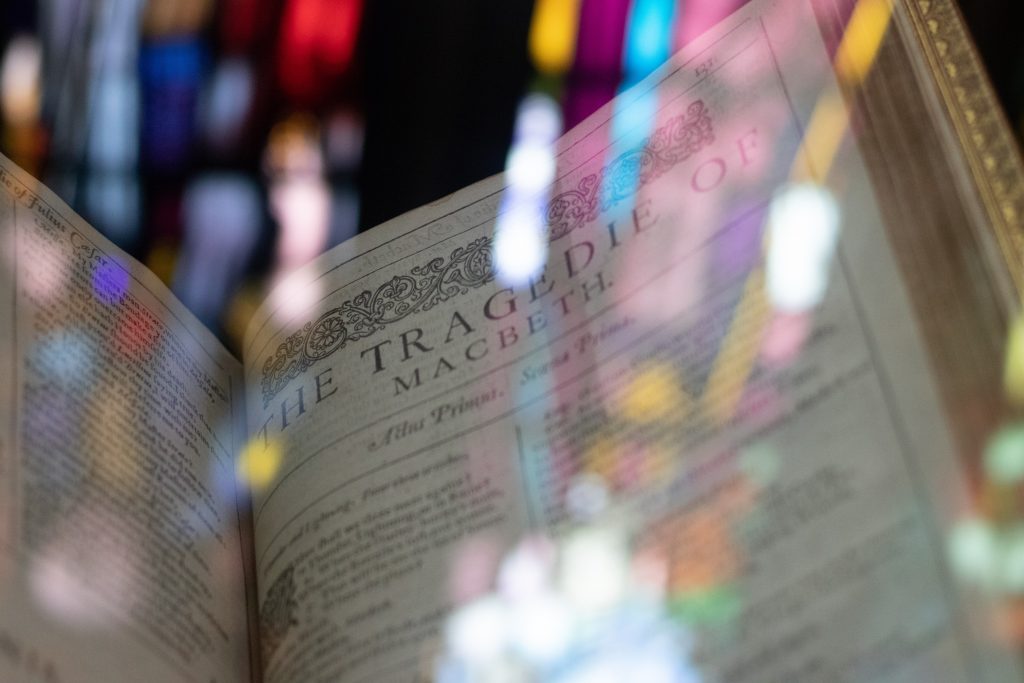
Shakespeare (the rod by which all greatness is measured).
Who are your writing influences, heroes and villains poetically, musically and or lyrically?
I am influenced by the plain spoken, humorous story-tellers of my generation, this would include Erma Bombeck, Garrison Keillor, and Dave Barry. I love to laugh and all these have made me laugh. For the serious literature (which I am pronouncing in my head as ‘li-too-rah-ter’ with a capitol ‘L’ and a snobbish lilt) I would have to say Mark Twain, Shirley Jackson and Shakespeare (the rod by which all greatness is measured).
What quote/song/poem inspires you the most and why?
My favourite quote is most often attributed to Eleanor Roosevelt, “You don’t have to be a hero all at once, just a little every day.” This quote often springs to mind when I feel overwhelmed by life. I have ‘The Perfectionist’s Disease’ which is marked by high anxiety and chronic paralysis. There should be a fund raiser and a celebrity representative for this terrible plague. I can see Denis Leary or maybe Tim Gunn as the celebrity voice of this cause. Anyway, the quote reminds me that small achievable steps matter. Just do a little bit, I can do that.
Writer’s block, is it real or a myth?
Writer’s block is real. For me it occurs when I’m tired or sad, when I haven’t done anything to fill my spirit like being outdoors, talking with friends, doing something creative like baking, crafts, crocheting, or photography. Exercise is a big help. A book that has really helped me is The Artist’s Way by Julia Cameron. It is full of great practical advice for handling a block, lots of fun exercises and prompts too.
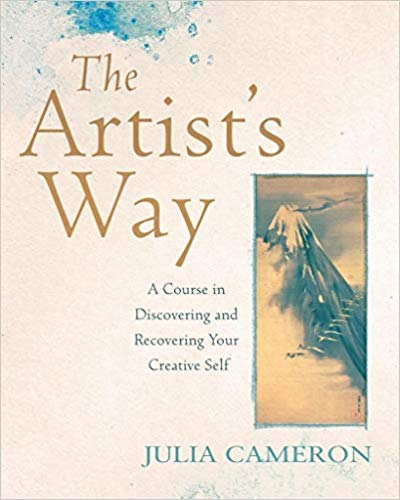
The Artist’s Way by Julie Cameron
Finish this sentence: Words and music are the epitomes of…
A society’s song of itself. Once sung, this society passes into history and a new civilisation forms and a new song is written. If a society is to last the new song will reference the old but not repeat the same tired notes.
What’s next for you?
I leave you with a short verse, it’s the writerly thing to do.
I cannot say what happens next here
aren’t all plans really but built on air?
I hope that pretty words land on my shoulder
and not stick in my heart, there to molder
I hope my words are birthed with good speed
to be adopted in the heart of those who need.
Huge thanks to Tammy, who you’ll find in our Facebook Group if you’re a member. If not, search PoetsIN (all one word) and request to join.
If you would like to feature in a Writer profile, or indeed if you would like to submit your own blog piece on writing, mental health, wellbeing or anything relevant then get in touch at paul@poetsin.com
Please follow and like us:
Everyone has a story to tell; each one of us a writer of poetry – some, without even realising. That stream of consciousness that runs in our veins? It’s poetry waiting to be written. We believe in the power of words, and that power is what urged us set up PoetsIN.
It’s because of those inner streams, that we bring you this regular interview feature, Writer Profiles. An interview with a writer. Some you’ll know, some you won’t.
This week it’s someone from our smashing Facebook Group. She’s awesome. Her name is Tammy Walker.
Relax with a plate of fried green tomatoes read this week’s writer profile.
Tammy Walker
Who are you and what do you do?
The simple answer is my name is Tammy Walker. I live in a small south Alabama town. I am a retired counsellor, a wife, mother, grandmother, gardening, yoga and writing enthusiast. But inside this pudgy, librarian looking exterior beats the heart of a seeker. I have a drive to learn as much as I can about whatever shiny object is catching my attention at the time. I am ordinary but seek the extraordinary. I read voraciously, I spend as much time as I can in nature, I keep my hands busy to keep my mind from reeling off and I endeavour to make someone laugh every day.
How would you label your writing and/or poetry if forced to label it?
Nature inspired whimsy. I think the experience of the natural world is something most people share so if I say to you that I am having a “sunny day” or a “dark night” then I am making a connection with you. Why else write if not to express, reach out and connect?
If I talk about a gnarled pecan tree, shallow roots exposed to the harrowing wind of an approaching hurricane you know what I mean. Better yet, you might add your own memories and feelings to what I have described and have <tah-dah> an experience of the writing. We are having a shared experience, how extraordinary is that?
I am a “light” writer most of the time. I write with a nod (or when I’m cracking with a good hard shake) to humour. Laughter is the sound of happiness. I am fond of happiness. Why, the best compliment someone can give me is that they laughed at my work. <wink> That makes me happy.
Nature inspired whimsy
What is your relationship with words and how has that evolved over time?
From the time I was a babe people have said words at me. It took a while but eventually it dawned on me that those noises had meaning and that meaning could be the harbinger of an agreeable action, like being fed. Low and behold, through daunting trial and error, I learned I could imitate the noises that brought agreeable actions. “Cookie, please” made cookies happen! It was only later on that I learned those same noises could bring disagreeable actions. ‘No’ equals no cookie and heartbreak. Then I went to school where I learned those noises had assigned symbols. I could speak without noises. I am still in awe of this and rarely make noises at all now.
On a more serious note, I think of words the way an artist thinks of their charcoals or paints. I look for just the right word to express myself with as many gradations and shadings as possible to get the picture created.
How long have you been writing/ performing?
Before I retired I only wrote using the dry, objective language of science. I wrote progress notes and assessments, and case histories. I did not enjoy this. It did not express my true thoughts.
I started writing about seven years ago. Shortly after I retired, I joined a local writers’ forum. This was a tremendous help to my writing due to the support from fellow writers and yes, my accountability as a good group member and the absolute freedom of choosing any word I wished—even adjectives!
I have dealt with depression and at times crippling shyness most of my life.
Is mental health something you feel strongly about?
I have dealt with depression and at times crippling shyness most of my life. Depression is like a malevolent shadow, visible only in half light. The trick is to stay in the full light.
It was my honour to work in the mental health field for twenty years. I mainly worked as a counsellor at a day treatment facility for persons with chronic and debilitating mental illness. Most of our clients had spent years in state mental hospitals before being released to the community. Once, as an exercise, we asked everyone to write about one thing they would have if they could have anything. “Jack” was only able to draw a picture of a house; looking exactly as a child would draw it. My heart still aches from this. Jack would never have his own home. And people think that mental illness is a myth? Or a chosen condition, that a person can just ‘will’ away? What a crock of shit.
Please describe your writing process.
I need to spend time outdoors to get any good ideas at all. I like to take pictures and will usually have my camera with me on a walk. Not always, but often, I write from things I’ve taken a picture of, a flower, a bird, a trail, cotton fields, my chickens, my dog, etc… I need to be in quiet to work. This has been more difficult since my husband retired but that’s on me and I have to say he is my favourite distraction.
Some of us write our best stuff when in a rage, heartbroken or fighting depression. Are you afflicted in a similar way, is writing a venting mechanism?
I do write when I am overwhelmed and yes, it is a way to vent but it is my worst work. I express myself better when I am observing from the outside of a thing what I want to say. I need space away from the big emotion to write honestly and clearly about it. When I read back what I have written in the midst of intense feeling I think that it would only make sense to me—the symbols are very subjective. I want to tell you how I feel, I need to write about it in a way that is broadly and not subjectively understandable. This is just me though. I’ve read things others have written from the depths of great emotion and it was breath-taking work.
I would collaborate with a visual artist, most likely Renoir
If you had the chance to perform one poem or read one excerpt to someone that sums you up, which is it?
I think that good poetry and writing hold a mirror so that we see an aspect of ourselves. But no one poem sums up the whole of a person. Maybe that snippet from the Whitman poem “I contain multitudes.”
If you could collaborate with anyone out there (alive or dead) who would it be and why?
I would collaborate with a visual artist, most likely Renoir (Oh my God, I feel ballsy even imagining this). I think this would be an apt collaboration because often my inspiration comes from a picture or even just the flash of a picture in my mind. A visual artist sketches on canvas what she sees, a writer sketches with words. The dreamy quality of Renoir’s work speaks to me of warm sunny days, spent in convivial company among the flowers of a splendid garden. Perhaps the people of his work are full of wine and good food. Maybe they are a little sleepy and ready for a good story to snooze by. They’ll just rest their eyes for a moment, just for a moment and I will write their happy dreams.
Shakespeare (the rod by which all greatness is measured).
Who are your writing influences, heroes and villains poetically, musically and or lyrically?
I am influenced by the plain spoken, humorous story-tellers of my generation, this would include Erma Bombeck, Garrison Keillor, and Dave Barry. I love to laugh and all these have made me laugh. For the serious literature (which I am pronouncing in my head as ‘li-too-rah-ter’ with a capitol ‘L’ and a snobbish lilt) I would have to say Mark Twain, Shirley Jackson and Shakespeare (the rod by which all greatness is measured).
What quote/song/poem inspires you the most and why?
My favourite quote is most often attributed to Eleanor Roosevelt, “You don’t have to be a hero all at once, just a little every day.” This quote often springs to mind when I feel overwhelmed by life. I have ‘The Perfectionist’s Disease’ which is marked by high anxiety and chronic paralysis. There should be a fund raiser and a celebrity representative for this terrible plague. I can see Denis Leary or maybe Tim Gunn as the celebrity voice of this cause. Anyway, the quote reminds me that small achievable steps matter. Just do a little bit, I can do that.
Writer’s block, is it real or a myth?
Writer’s block is real. For me it occurs when I’m tired or sad, when I haven’t done anything to fill my spirit like being outdoors, talking with friends, doing something creative like baking, crafts, crocheting, or photography. Exercise is a big help. A book that has really helped me is The Artist’s Way by Julia Cameron. It is full of great practical advice for handling a block, lots of fun exercises and prompts too.
The Artist’s Way by Julie Cameron
Finish this sentence: Words and music are the epitomes of…
A society’s song of itself. Once sung, this society passes into history and a new civilisation forms and a new song is written. If a society is to last the new song will reference the old but not repeat the same tired notes.
What’s next for you?
I leave you with a short verse, it’s the writerly thing to do.
Huge thanks to Tammy, who you’ll find in our Facebook Group if you’re a member. If not, search PoetsIN (all one word) and request to join.
If you would like to feature in a Writer profile, or indeed if you would like to submit your own blog piece on writing, mental health, wellbeing or anything relevant then get in touch at paul@poetsin.com
admin